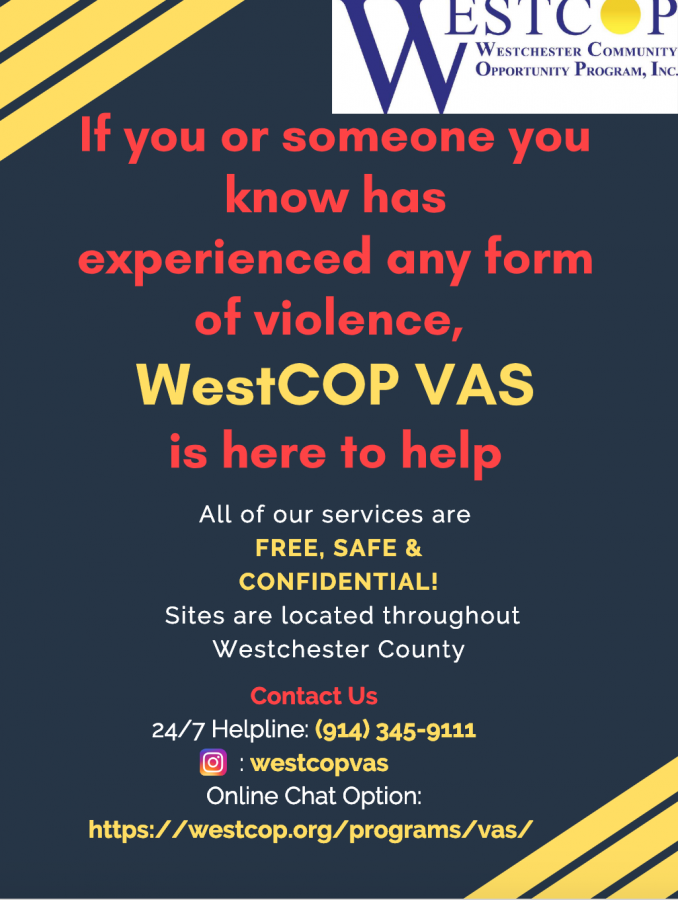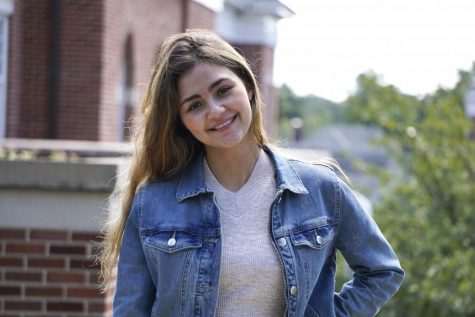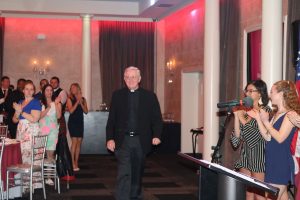Counseling Center discusses power in relationships
October 16, 2020
The Counseling Center hosted “Let’s Talk About Power,” a conversation around power in relationships, as part of their “Circles of Support: Love Shouldn’t Hurt” program via Zoom on Oct. 8.
This event focused on some of the patterns of unhealthy behavior in relationships, specifically relationship abuse and dating abuse. Any form of violence or abuse counts as relationship abuse or dating abuse and includes physical, verbal, emotional and financial abuse. It can occur between two people who have a relationship with each other or between intimate partners.
The discussion highlighted what relationship abuse and dating abuse look like and what it means for one person to take control in a relationship.
“Some of the really basic things that I think we don’t really mention maybe as much but do count as violence is a partner trying to control what you wear, what you post on social media, who you’re texting or want you to enable your location at all times,” Hannah Furman of WestCOP Victims Assistance Program, an organization that provides free assistance to victims and their families, said.
The conversation placed an emphasis on patterns of behavior in abusive relationships in college students, which includes academic abuse.
“Academic abuse involves different things, but examples include a partner being angry with you and hiding your notes for a class, turning off your alarm for an important final, putting you down before an exam and even convincing you to spend time with them instead of going to class,” Dr. Platt, a staff psychologist at the Iona College Counseling Center, said.
Other examples of abuse in relationships were also underlined, such as emotional abuse or humiliation, possessiveness and harassment, limiting independence, physical abuse, isolation and sexual abuse.
The discussion emphasized how it’s important for people to be aware of these forms of abuse so that they not only know how they should be treated in a relationship and notice these patterns if they start to show up, but also understand how they should treat others.
“And you might say to yourself, ‘Well why would I ever be with someone like this?’ Well it probably doesn’t start off like this. They’re probably very charming and make you feel fantastic at first, and overtime you start to notice these behaviors and it’s gradual,” Platt said.
If you’re interested in learning more or finding help, services in Westchester County include WestCOP VAS, which helps serve all victims of crime and includes therapy and court accompaniment for free. They have a helpline that is available 24/7 as well as a chat option on their website. You can find more information on their social media @WestCOPVAS. Furman is the main contact person for college students.
For more information surrounding healthy relationships, the Counseling Center will continue their “Circles of Support: Love Shouldn’t Hurt” series with an event held every Thursday in October.
Here are some important facts surrounding relationship abuse and dating abuse:
Over one in three women, over one in four men, and over one in two trans or non-binary people will be in an abusive relationship in their lifetime.
Girls and young women between the ages of 16 to 24 experience intimate partner violence at a rate that is almost triple the national average.
Only 33% of teens who are in an abusive relationship ever told anyone about the abuse.









